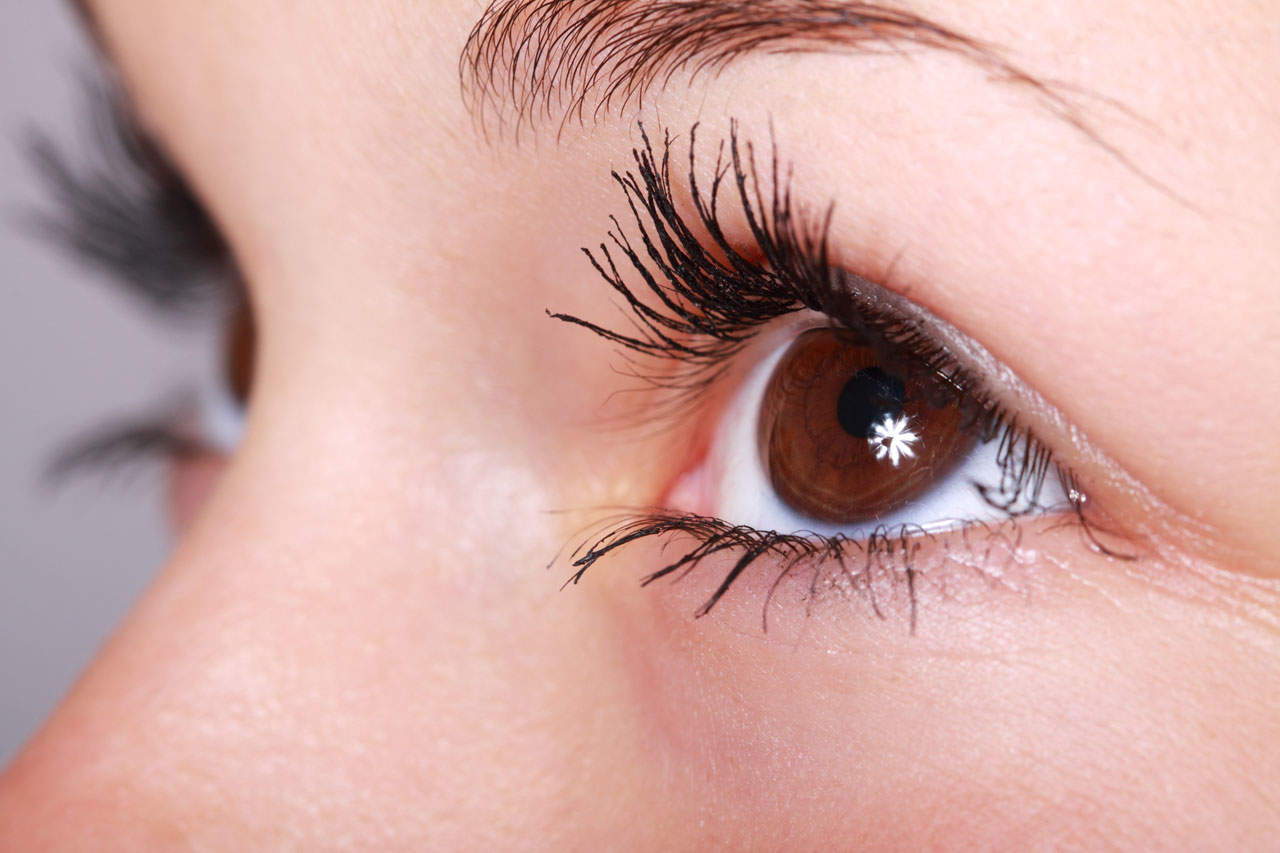 While goggles are among the most obvious ways to protect your eyes, you really shouldn’t stop there if you’re serious about healthy eyes. It’s important to note that keeping your eyes safe in the long run is about more than just when you’re at work or in another situation where you need to keep physical detritus out. It’s a day to day thing. You need to stay vigilant to make sure your eyes remain in the shape you want to keep them in.
While goggles are among the most obvious ways to protect your eyes, you really shouldn’t stop there if you’re serious about healthy eyes. It’s important to note that keeping your eyes safe in the long run is about more than just when you’re at work or in another situation where you need to keep physical detritus out. It’s a day to day thing. You need to stay vigilant to make sure your eyes remain in the shape you want to keep them in.
Careful with Lights
Your eyes have an upper limit for absorbing and processing light. If you go past this limit, then you run the risk of doing damage to your eyes. That’s why it’s important to wear not just goggles for physical protection, but specific light-filtering glasses—especially if you’re going to be in an area where you expect this to be a problem.
For example, there are glasses that you can use to protect yourself from lasers and laser pointers. There are types specifically for sunlight if you expect to be looking up at the sun a lot. If you already have prescription lenses, you might think that they are adequate to protect your eyes, but many lack the safety coatings of purpose-built goggles that filter out harmful electromagnetic radiation. Buy a pair of safety glasses that can wrap around your existing eyewear. Some eyewear companies, like company Optics, offer prescription safety sunglasses that shield your eyes from harmful light without being as cumbersome as goggles that wrap around. You can get glasses that will reduce glare from computer screens. The main thing is to reduce eye strain and exposure to radiation—so make sure your safety glasses are appropriate for your activity.
Stop Smoking Immediately
Smoking isn’t just bad for your lungs and throat, it’s also bad for your eyes. The smoke from a cigarette, cigar, or pipe can sting and damage your eyes over time, causing all sorts of issues. The smoke that you exhale is much more poisonous than what you’re inhaling, and if it gets in your eyes, which it often will when you’re smoking and breathing it out, then it’s still getting into your body.
Smoking increases your risk for not just cancer, but also other eye ailments including cataracts, damage to your optic nerve, and even blindness. Avoiding secondhand smoke if you don’t smoke, and quitting if you do, are among the best actions you can take for your eye health, ultimately.
Don’t Forget Off-Time
Obviously, it’s not just direct damage you have to worry about from too much light or from smoke. You also have to worry about strain over the long run. One way of remembering this is using what’s called the “20-20-20” rule. This means that every 20 minutes or so, you should look away from yourself at a point at least 20 feet away for a period of 20 seconds. If you do this, you’ll ensure you don’t strain your eyes too much.
Wash Your Hands
You will often touch your eyes involuntarily throughout the day. Keeping your hands clean by washing them frequently will ensure you don’t introduce any contaminants into your eyes. Bacteria and dirt can stick to hands and fingers, and an errant eye-rub can introduce those infectious materials directly to your eye. Though most of the time, in those with healthy eyes, your tears and eyelids will do their job of clearing foreign objects from your eyes, it is still best to avoid rubbing or itching your eyes and to keep your hands clean.
Overall, vigilance is the key to continuing eye health. You really can make sure that your eyes last for as long as possible with a bit of care.
Emma Sturgis
Recent Posts
- Castor Oil For Better Hair Growth: Is It Myth Or Fact?
- Exploring the Differences Between Sermorelin, Ipamorelin, Ibutamoren, GHRP2, and GHRP6: Understanding Their Role in Human Growth Hormone Regulation
- Unraveling the Mystery: Understanding the Causes and Prognosis of Ventricular Tachycardia Without Apparent Heart Disease
- Understanding Grandparents’ Rights in Oklahoma: Navigating Visitation and Legal Protections
- 10 Reasons to Consider Hypnotherapy for Your Health

